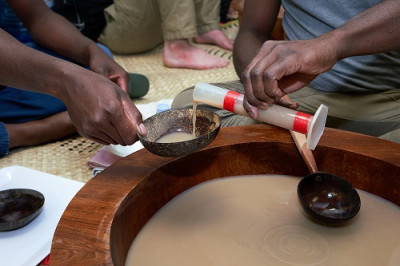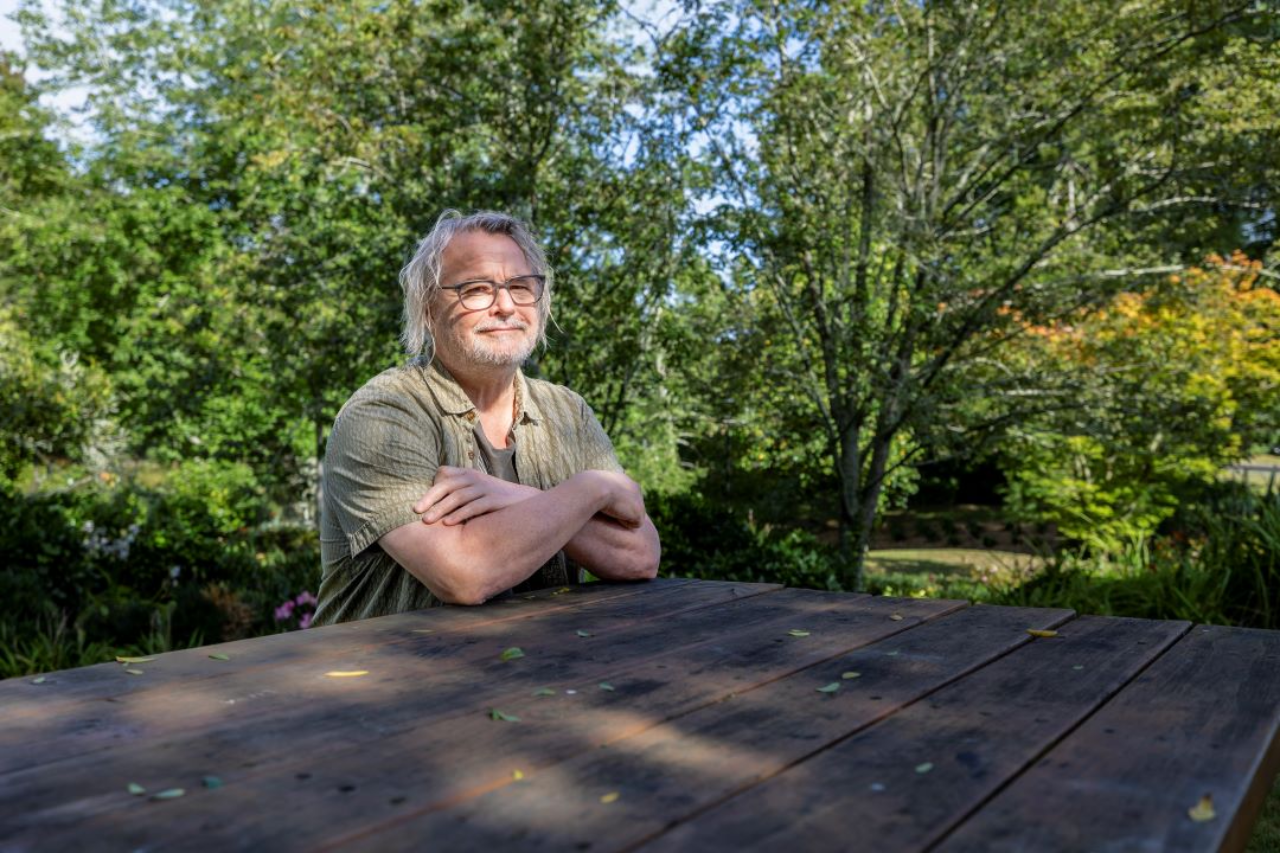
Photo taken by Todd M. Henry.
New research into the effect of drinking kava on driving has revealed it has a significant impact on temporal order judgement - or how well the brain is able to keep track of the order of events.
The University of Waikato study, led by Dr Apo Aporosa from Te Huataki Waiora School of Health, looked at six different neurological functions in the brain during and after drinking kava, including focus, accuracy, temporal order judgement, timing perception, plasticity and fatigue.
Testing involved 20 participants drinking 3.6 litres of kava over six hours and assessing their neurological function compared to 20 non-kava drinking participants.
The study found that drinking large amounts of kava before driving had a negative impact on temporal order judgement, which is linked to how a person sequences events in their head, such as checking for hazards when you are driving up to intersections. The other neurological functions were unaffected.
He says that the impairment kava creates is vastly different to alcohol, cannabis and other euphorics and hallucinogens, and is hard to detect in standard driver testing.
“Police in Aotearoa, the Pacific, Australia and the USA are reporting that kava does not show the same signs on breath or blood tests as people do when they have drunk alcohol.”
Dr Aporosa says the research findings will assist with kava drink-driving cases in court, but there is more work to be done.
“To date, there has only been one conviction for driving under the influence of kava in Aotearoa. There have been several others who have gone to court, but their charges were withdrawn, or they were found ‘not guilty’, because we currently do not have the scientific understanding to support prosecution,” he says.
Research into the effects of kava is limited, and Dr Aporosa’s study follows the 2019 Australian Drug Harm Ranking Study, which ranked 22 drug substances including alcohol, cannabis, meth, steroids, heroin, tobacco and kava.
The study found alcohol is the most dangerous substance in Australia, with a harm level of 77 points. Cannabis ranked at 17, and kava at 3 points, and was the lowest ranked drug in the study.
“These two pieces of research confirm that kava’s impacts are minimal when compared with cannabis or alcohol, but kava does have some negative impact on driver performance and safety.”
Dr Aporosa says further research is required to understand how kava is metabolised on the breath and in the body, which will add significantly to understanding kava’s effects for road policing and evidentiary purposes.
Kava is a culturally significant plant and drink for Pacific people, and is linked to medicine, cultural practice and Pacific values.
Dr Aporosa says appealing to Pacific values is part of the solution to addressing kava drink-driving.
“Respect is an important Pacific value. If you drive when you shouldn’t, that’s not being respectful to your passengers or other road users; that isn’t part of our Pacific values.”
“This is not just about road safety and catching and prosecuting dangerous drivers, but also protecting the innocent, and increasing our knowledge on kava generally, a substance that is also becoming increasingly popular among non-Pacific peoples.”
This study was funded by the Health Research Council of New Zealand (HRCNZ). For more information about the project, visit Dr Apo Aporosa's website.



